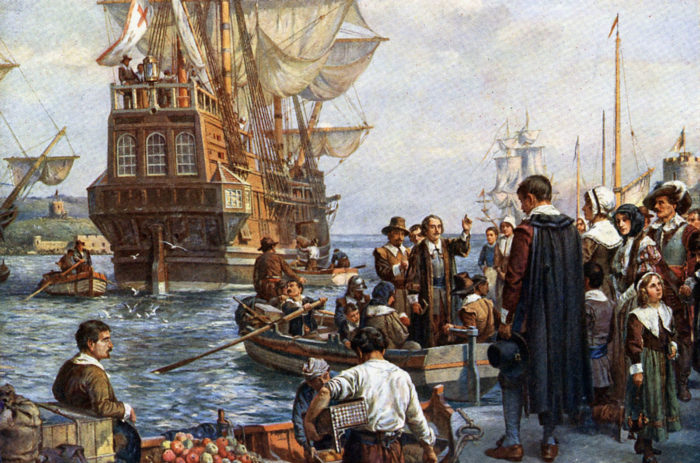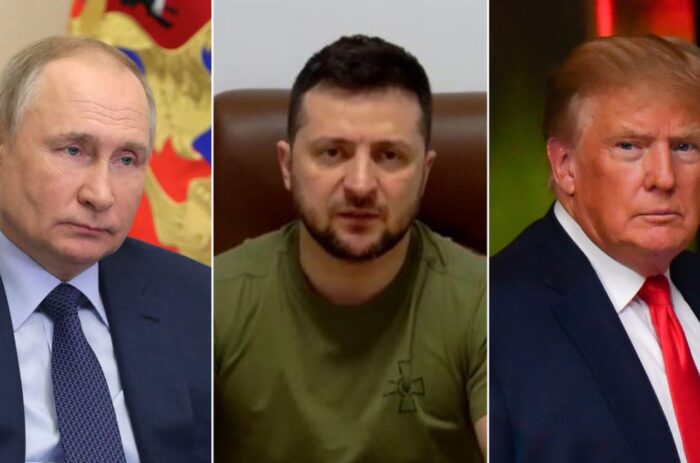redo Jump to...
print Print...
(by Ralph Peters, NYPost.com) – Attacking behind a vanguard of special operators and backed by an Army Stryker battalion, the 6th Marine Regiment has been conducting a textbook takeover of the Afghan city of Marjah.
Meticulously planned and methodical in its execution, the operation is well on its way to fulfilling its goals of driving the Taliban out of this opium-poppy center of 80,000 souls, while minimizing casualties and destruction.
In dramatic night helicopter assaults, lead Marine elements cordoned off Marjah, setting the stage for follow-on waves to maneuver into the city.
That’s not as easy as it sounds: The Taliban, knowing the attack was coming, planted roadside bombs, mines and booby traps by the hundreds — forcing frequent pauses to disarm them. And broad irrigation canals (funded by US taxpayers back in the 1950s, the last time we tried to modernize Afghanistan), also impede progress, requiring the emplacement of tactical bridges.
For the Marine infantryman shouldering a 100-pound ruck, there can be a lot of hurry-up-and-wait.
But these obstacles were foreseen by the planning staff, and the 6th Marines’ motto is “Keep Moving.” One by one, the IEDs are dismantled as the Marines push deeper into the city. There’ve been some foiled ambushes, as well as firefights with Taliban stay-behinds. But the gunmen are no match for our Marines.
Our troops are doing everything asked of them superbly. But as they take control of the city, the question becomes, “Now what?”
This is a major operation, involving over 15,000 US, British, other NATO and Afghan troops. Marjah’s the main objective, but not the only one. The mission is to wrest a key opium-growing, income-producing region from the Taliban — and keep it.
Once our fighters have done their part, though, the Afghan government has to step up. Thousands of Afghan troops are “participating,” but, thus far, the heavy lifting’s been done by the US and our NATO allies. Afghan soldiers tagged along to show the flag, learn how to operate, and help us deal with the locals. They still can’t do any of this stuff on their own.
Yet ultimate success in the Marjah district depends on the Kabul government delivering meaningful aid programs at the pick-and-shovel level. Above all, it has to impose its authority with competent, reasonably honest police and Afghan National Army soldiers capable of protecting the surrounding countryside. That’s a tall order for the troubled regime of President Hamid Karzai.
The Marjah operation’s a prototype — the first big test of Gen. Stan McChrystal’s refurbished approach that emphasizes cutting back combat actions focused on killing Taliban fighters in favor of securing population centers and bidding for popular support.
The unanswered question is whether you can win a war of any kind without killing your enemies in large numbers. Can this population really be won over? Can the Karzai government gain and sustain the people’s loyalty? Or do the Taliban merely rally elsewhere, denying us decisive results? Stay tuned.
We haven’t seen all-out, level-the-houses combat in the streets of Marjah because our commanders purposely warned the Taliban we were coming, and the Taliban leadership knows its fighters can’t stand up to our troops. So the bad guys moved out, as McChrystal hoped, leaving behind a network of bombs and a rearguard hoping to inflict some casualties on us before dying.
Well, our casualties have been blessedly light thus far — thanks to the experience and professionalism in our ranks. Beyond this admirable tactical success, though, two tests loom that will determine the ultimate value of “Operation Together.”
First, are we just “squeezing the balloon?” Will the Taliban fighters nudged out of Marjah make new inroads elsewhere? That is, has this operation been a significant defeat for the enemy, or just an inconvenience?
Second, will the government summon the will to reduce the local opium-poppy harvest? Can it do so without alienating the people? Or will we merely see a transfer of drug receipts from the Taliban to the “friends of Karzai?”
Everything we’re trying to do, from the bomb-ridden alleys of Marjah to the contractor-ridden streets of Kabul, depends on the Afghan government gaining a sense of legitimacy among its citizens.
Meanwhile, Post readers can be proud of the superb performance of the Sixth Marines and all of our other troops involved. From the generals down to the newbie privates, their quality and courage are evident in every detail of this effort.
Now will Johnny Afghan do his part?
Ralph Peters is a retired United States Army Lieutenant Colonel, commentator and novelist. His new book, “Endless War: Middle-Eastern Islam vs. Western Civilization,” goes on sale in March.
This article was first in the New York Post on February 15, 2010. Reprinted here on February 25th for educational purposes only. May not be reproduced on other websites without permission from The New York Post. Visit the website at NYPost.com.
Questions
1. What is the main idea of Ralph Peters’ commentary?
2. Mr. Peters states in paragraph 8: “This is a major operation, involving over 15,000 US, British, other NATO and Afghan troops. Marjah’s the main objective, but not the only one. The mission is to wrest a key opium-growing, income-producing region from the Taliban — and keep it.”
Has this commentary helped you to better understand the challenge our troops and commanders face in Afghanistan? Explain your answer.


